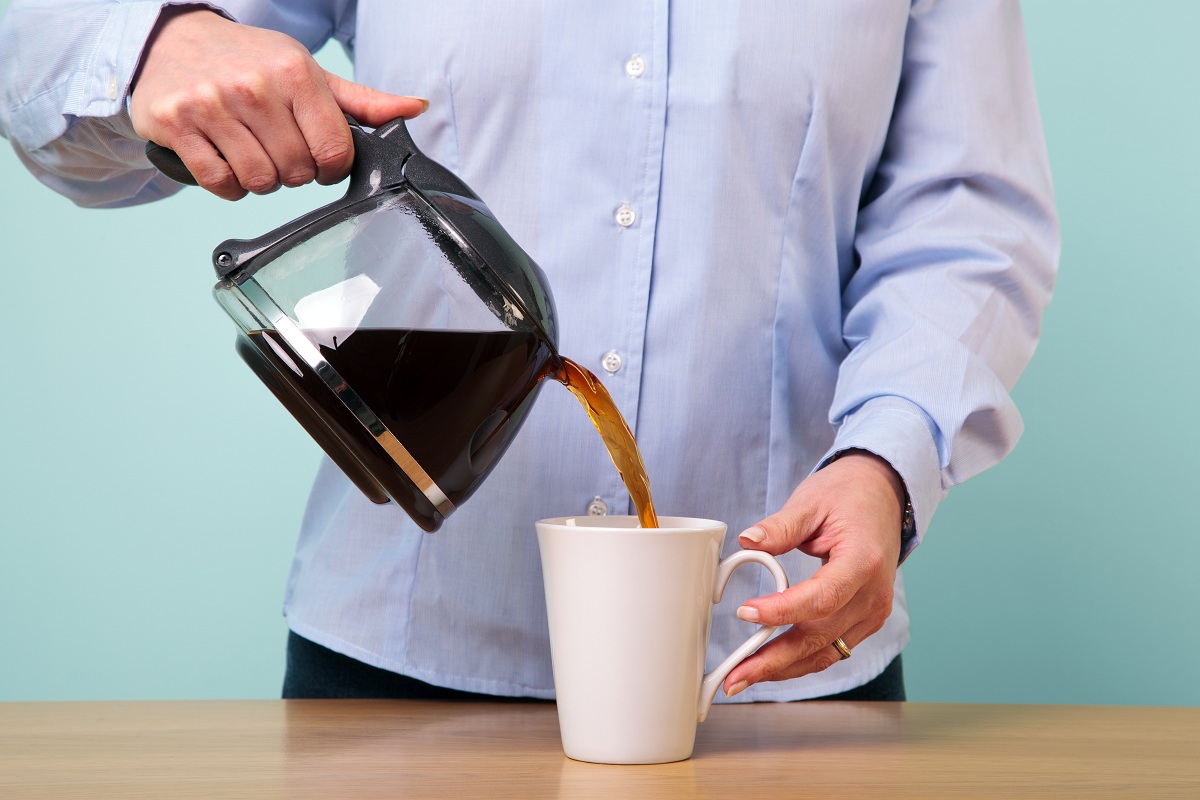For most people, caffeine is a part of their daily routine. Many people would agree that they can’t get through their day without having a few cups of tea or coffee.
Consuming caffeine is often seen as a negative thing, but there are loads of benefits to having caffeine, as long as you don’t overdo it. If you start to notice that your caffeine intake is affecting your sleep or that you are having caffeine withdrawal, it’s a good idea to try and manage your caffeine intake, and this post is here to share how you can do this.
Have a cut-off time
Since caffeine tends to keep us energized and awake, it’s a really useful thing to consume in the morning. However, if you tend to take caffeine later in the day, it could keep you up at night or at least make it very hard for you to fall asleep.
That’s why you should have a cut-off time, and after this time, you shouldn’t drink any more caffeine. Caffeine tends to stay in our bodies for quite a while, so make sure to cut yourself off early. If you want to learn more about how long it takes caffeine to kick in, you can read this post.
Track your caffeine
If you don’t know how much caffeine you’re consuming per day, it can be difficult to cut back on it because you won’t know how much to cut back on.
That’s why it’s a good idea to track your caffeine intake. This will give you better insight into when and how you consume caffeine, which will in turn make it easier for you to come up with a game plan of how you can reduce your intake. Most nutrition-tracking apps will also allow you to track your caffeine, so this can be a good place to start.
Switch to decaf
Very often, people who consume lots of coffee each day do it more out of habit than because they crave caffeine. They may also simply enjoy the taste of coffee. Luckily, decaf options exist, which means you can have that signature coffee taste without having to worry about spiking your caffeine levels.
Of course, this will also depend on why you drink caffeine. For example, if you use it as a pre-workout, then switching to decaf may not be as effective.
Take it slow
If your body is used to a certain amount of caffeine per day, going cold turkey and suddenly cutting out all caffeine likely won’t be a very sustainable option.
Instead, you should try to slowly wean yourself off of caffeine until you aren’t as reliant on it. This means that it will take longer for you to reduce your caffeine intake, but the results will likely be more successful. Slowly building up a habit is definitely the way to make the habit stick, so if you want to build a habit of consuming less caffeine, this is the way to go.




